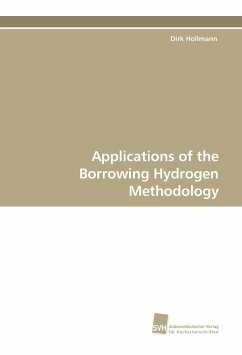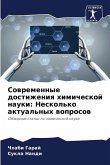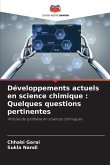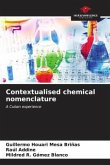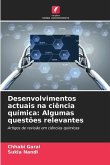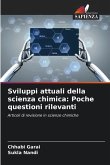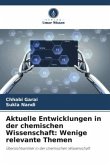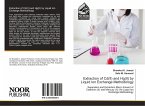This cumulative thesis deals with the application of the Borrowing Hydrogen methodology in organic synthesis. This concept combines the dehydrogenation and hydrogenation with numerous of organic transformations. Under consideration of no hydrogen loss, even by side reaction or by gas evolution, the Borrowing Hydrogen methodology can refrain from using additional hydrogen sources. Thus, the Borrowing Hydrogen methodology is an economically and environmetally attractive strategy in organic synthesis. The thesis gives an overview of the current research in the area of Borrowing Hydrogen, which expands from activation of C-C bonds to C-O bonds and finally to C-N bonds. The results of my work, reported in the publications I-IX listed are integrated and associated with state-of-the-art chemistry in this field. My ambition is to help the reader to get interested in this field and to understand these transformations. I also want to emphasize the work I have been responsible for.
Bitte wählen Sie Ihr Anliegen aus.
Rechnungen
Retourenschein anfordern
Bestellstatus
Storno

